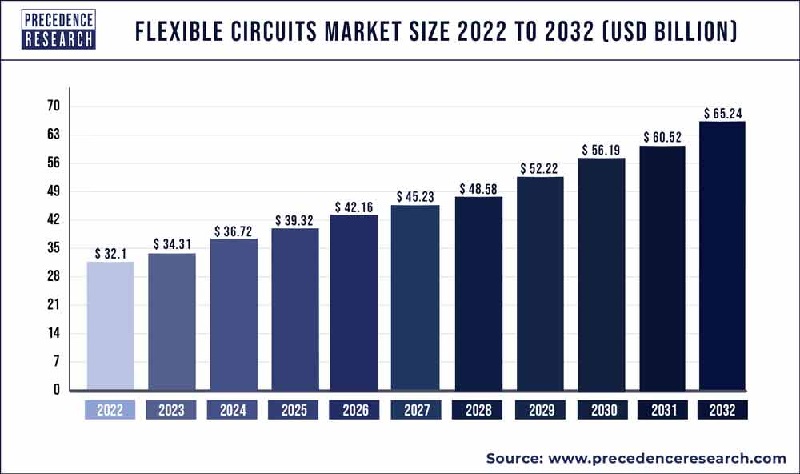Introduction
The flex space industry provides shared yet customizable office spaces and workspaces for lease and has seen booming interest over the past few years. As the broader commercial real estate industry emerges from the pandemic, the flex space segment is poised to grow even stronger. With hybrid and remote work models becoming normalized, flex space provides an optimal solution for professionals not tied to a traditional office setting day-to-day.
Specialized managed operators offering customized space solutions across all dimensions have spearheaded the renewed popularity of flexible workspaces post-COVID, experiencing a remarkable compound annual growth rate (CAGR) of 70% since 2018. In contrast, coworking and hybrid formats encompassing coworking seats and less customizable enterprise solutions have demonstrated a more gradual growth trajectory, with a sectoral CAGR of 28% from 2018 to FY23. Based on several cultural and economic trends, the analysis predicts key shifts in the market segmentation of the flex space industry by 2024.
As a leading Indian provider of agile workspaces, Smartworks pioneer of workspace provider in India specialized for enterprise requirements. Harsh Binani co-founded Smartworks with the mission to reimagine the very concept of traditional monotonous offices by creating inspiring, shared spaces that encourage productivity and meaningful connections while providing excellent amenities, technology, and services.
Current State of the Flex Space Industry and Market
Flex space covers a range of offerings – from simple coworking areas to fully-equipped private offices. Customers include freelancers, remote employees, and enterprises seeking to augment or replace traditional offices. The past decade has seen exponential interest in flex space from a niche into a major real estate sector, expanding beyond early tech and creative adopters to wider industries. While flex space took a temporary hit at the start of the pandemic, it has rebounded stronger than ever and is projected to see major growth in the coming years.
Key Factors Driving Change
Several interrelated factors are reshaping the landscape of the office sector at large and signalling shifts specifically within flex space demand. The push towards ongoing remote and hybrid work for knowledge workers means less need for daily commutes to a central office. However, workers still desire spaces for community, focus, and meetings. This fuels the growth of the freelance economy, as location flexibility removes barriers. Tightening budgets also push companies towards the versatility of flex space compared to traditional long leases. Finally, interest continues to grow in major metros and smaller cities.
Predicted Market Segmentation in 2024
Based on these industry drivers, the flex space market is likely to see segmentation growth in terms of customer locations and types. The flexible office space market in India is anticipated to register a Compound Annual Growth Rate (CAGR) of approximately 6% over the forecast period from 2022 to 2027. Major metropolitan suburbs, mid-sized cities gaining tech and creative Migration, and even some rural communities becoming popular remote worker destinations will see increasing flex space inventory. Regarding customer types, freelancers and remote employees will still comprise a major segment. Still, more enterprise customers will use flex space for distributed branch networking thanks to cost savings and location flexibility. Niche spaces catering to biotech, creative, or other specialised fields also provide growth opportunities.
Opportunities and Challenges
The wider dispersal of flex space into new geographical markets provides major revenue potential as competition eases in previously concentrated metro areas. However, flex space operators face hurdles in accommodating different regional markets and cultures. Providing specialised spaces tailored to industries promises a value-add but also poses operational challenges.
Conclusion
Analysis suggests that the quick maturation and evolution of the flex space industry will lead to differentiated market segmentation by 2024. Beyond major metro freelancers and remotes, expect growth of suburban and mid-sized city spaces and more enterprise customers establishing regional flex space networks or industry vertical hubs. Though scaling pain points persist, seizing the opportunities in this expanding sector promises major commercial real estate rewards. Key indicators point to flex space becoming integral across office markets, large and small.
Ready to revolutionise your work environment? Experience the future of workspaces with Smartworks, founded by self-made entrepreneur Neetish Sarda. Elevate your business with our agile and flexible office solutions spanning PAN India with 14 cities presense that include Office space in Bangalore, Hyderabad, Pune, Chennai, Noida, Gurgaon, Delhi, and other cities.
